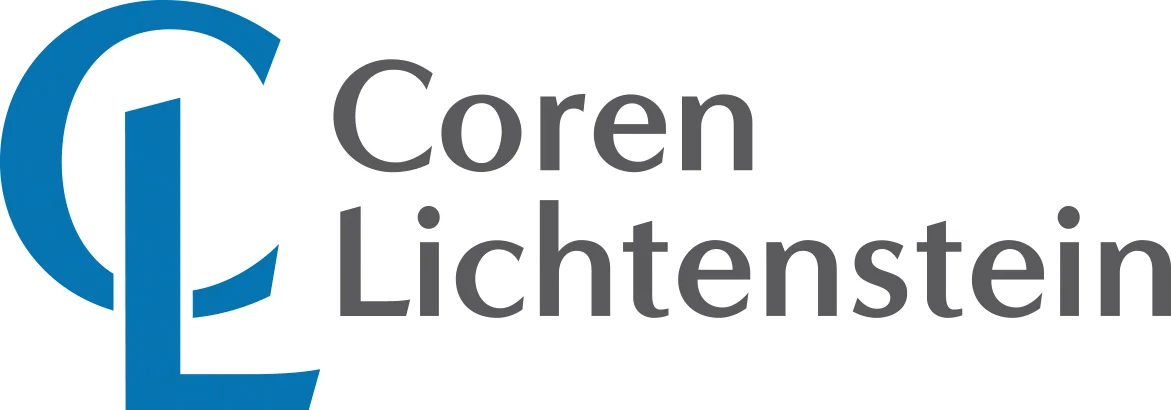Most businesses are run through legal entities like corporations or LLCs that in turn may be owned by other corporations and LLCs. These entities are legally separate from the individuals who own or manage them, which is one of the reasons corporations may not represent themselves in court. However, individuals can sometimes be liable for what they cause their entities to do. One way is that, if their entity owes a fiduciary duty to another owner or entity, individual owners or operators of a business may be responsible for aiding and abetting a breach.
For example, corporate directors have certain fiduciary duties when considering a sale or other major transaction involving a company. While Delaware has a more developed body of case law than Massachusetts, many of the concepts carry over. Directors who do not follow prescribed processes in evaluating an offer may be liable. Lawyers have tried to potential buyers liable for facilitating a poor process too, under the theory that they aided and abetting the directors’ breach of fiduciary duty. The concept of aiding and abetting a breach of fiduciary duty carries over to any situation in which there is a fiduciary duty.
In Massachusetts, the cases cite three elements, although there are analytically more. First, there must be a breach of fiduciary duty. Second, the defendants must have known of the breach. Third, they must have actively participated in, substantially assisted in or encouraged the breach (in the words of one of the leading cases, Arcidi v. NAGE, Inc.) “to the degree that he or could not reasonably be held to have acted in good faith.” Other implicit items a plaintiff must show include that there must have been a fiduciary duty to breach, the plaintiff must have been injured and, as with every tort claim, there must have been “proximate cause,” meaning that the defendant must have been part of the process of a breach that resulted in damages. In practice, the analysis can be complex, fact intensive and overcome the reluctance of a court to look through corporate formalities like the existence of an entity that is supposed to protect the owners against personal liability. The question often comes down to just how arm’s-length the interactions between the initially breaching party and the aiding and abetting defendant really were.
Delaware courts have also recognized claims of aiding and abetting a breach of fiduciary duty. A recent Delaware Supreme Court case, In re Mindbody, Inc. Stockholder Litigation, noted four elements: the existence of a fiduciary relationship, the underlying breach of a fiduciary duty, “knowing participation in that breach by the defendants” and proximate cause. The court emphasized that “knowing participation” has two prongs: knowledge of the breach and being part of the process. The plaintiffs had to prove the defendants had actual knowledge that their conduct was improper (a tough hill to climb) and noted the fact-specific analysis of what participation meant under the circumstances. This case involved a corporate acquisition and allegations of insufficient disclosure by key personnel at the seller. The Chancery Court was convinced of the buyer’s wrongdoing. The Supreme Court was not.
Not surprisingly, Massachusetts takes a broader approach than Delaware on paper. However, in practice the distinction between assistance the court decides was not in good faith and “knowing participation” can be subtle. Prospective plaintiffs should begin by asking, “What did the defendant know and do?” Meanwhile, cautious businesspeople who want to protect themselves should document the limits of their directions to others.
If you believe you may have a claim or potential liability related to aiding and abetting a breach of fiduciary duty, the experienced attorneys at Coren Lichtenstein LLP are here to help. Visit our Contact page to get in touch and schedule a consultation.
